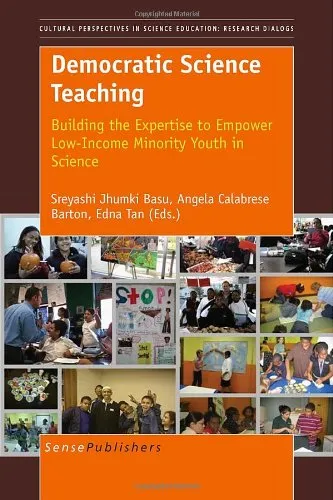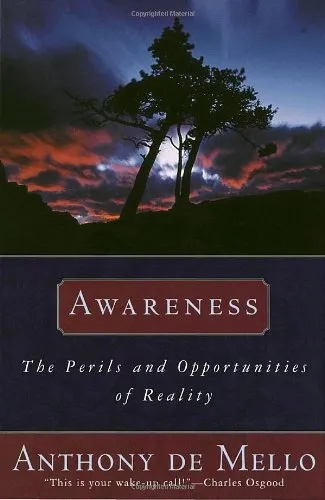Democratic Science Teaching: Building the Expertise to Empower Low-Income Minority Youth in Science
4.0
Reviews from our users

You Can Ask your questions from this book's AI after Login
Each download or ask from book AI costs 2 points. To earn more free points, please visit the Points Guide Page and complete some valuable actions.Related Refrences:
Introduction
In the rapidly evolving educational landscape, science holds a pivotal role in shaping how we understand and interact with the world around us. However, despite its importance, access to quality science education remains unevenly distributed. "Democratic Science Teaching: Building the Expertise to Empower Low-Income Minority Youth in Science" illuminates the pressing need for a paradigm shift in science education, aimed at empowering low-income and minority youth through inclusive, democratic practices.
Detailed Summary
The book provides a comprehensive exploration into the structures and pedagogies necessary to create empowering science learning environments. With a critical eye on systemic inequalities, "Democratic Science Teaching" advocates for an educational framework that invites participation, fosters critical thinking, and supports agency among marginalized youth. Authors Angela Calabrese Barton, Jhumki Basu, and the editorial insights of Edna Tan propose that by democratizing science education, educators can help dismantle barriers faced by these students, promoting equity and social justice in the classroom.
The narrative is underpinned by extensive research and case studies illustrating successful implementations of democratic science teaching practices. These case studies provide practical insights and strategies for educators aiming to engage students not just as learners, but as contributors and co-creators in the scientific process. The book emphasizes the importance of teachers understanding the socio-cultural contexts of their students, thus tailoring educational experiences that resonate with their lives and communities.
Key Takeaways
- Equity in Education: Understanding and addressing the structural inequities in the education system is crucial for fostering an inclusive learning environment.
- Active Participation: Encouraging active student engagement through inquiry-based and project-based learning can significantly enhance the educational outcomes for minority youth.
- Cultural Relevance: Designing curricula that reflect the cultural and social realities of students can create more meaningful and impactful learning experiences.
- Teacher Empowerment: Equipping teachers with the tools and knowledge to implement democratic teaching practices is essential for systemic change.
Famous Quotes from the Book
“Democratizing science education is not merely an option; it is a necessity to ensure equity and agency for all learners.”
“Empowering students involves more than just giving them a voice; it involves reshaping how we understand and engage with science itself.”
Why This Book Matters
"Democratic Science Teaching" stands as a crucial text for educators, policymakers, and stakeholders invested in reforming educational paradigms to be more inclusive and equitable. The book goes beyond theoretical discourse, offering tangible methods to transform science classrooms into spaces of empowerment and innovation. It challenges the traditional narratives of science education, calling for a shift towards teaching practices that prioritize the voices and perspectives of underrepresented groups.
The insights and strategies presented in this book are not limited to theory but offer actionable steps that educators can take to reform their teaching practices. By fostering a democratic approach, this book equips readers with the knowledge and tools to inspire a new generation of scientists who are diverse, socially aware, and equipped to address the complex challenges of our world.
Ultimately, this book serves as an invitation to rethink and reshape science education in a way that ensures all students have the opportunity to succeed and thrive in a world increasingly defined by scientific and technological advancements.
Free Direct Download
You Can Download this book after Login
Accessing books through legal platforms and public libraries not only supports the rights of authors and publishers but also contributes to the sustainability of reading culture. Before downloading, please take a moment to consider these options.
Find this book on other platforms:
WorldCat helps you find books in libraries worldwide.
See ratings, reviews, and discussions on Goodreads.
Find and buy rare or used books on AbeBooks.
1397
بازدید4.0
امتیاز0
نظر98%
رضایتReviews:
4.0
Based on 0 users review
Questions & Answers
Ask questions about this book or help others by answering
No questions yet. Be the first to ask!














